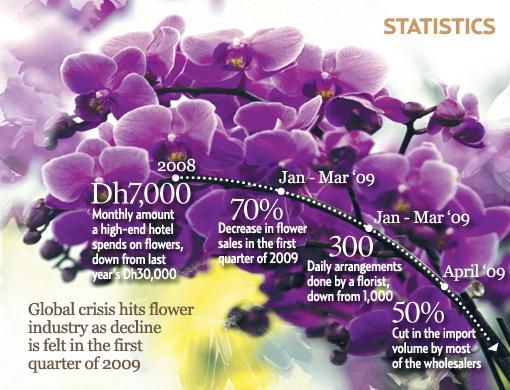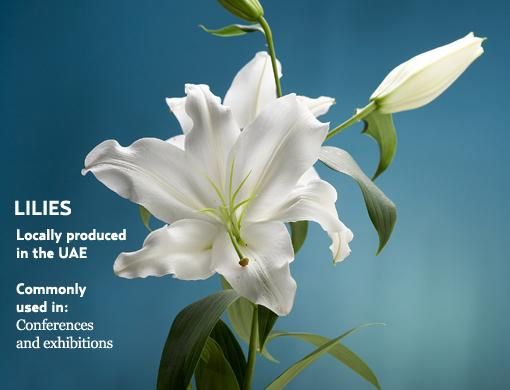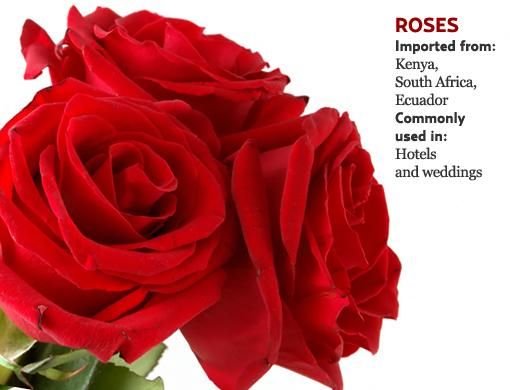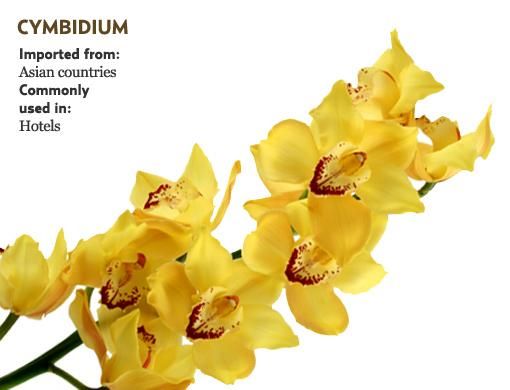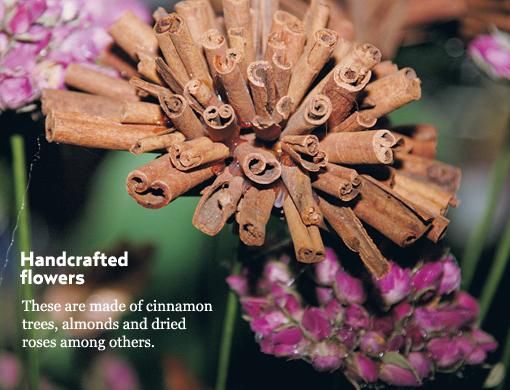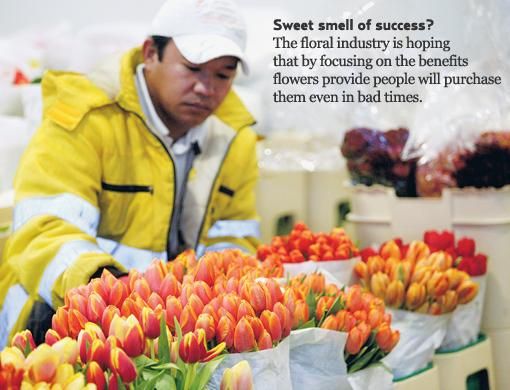Dubai: The UAE, being at the crossroads of Europe, Asia and Africa, has great potential to be a major hub for the flower industry.
The country's location is an important strategic advantage that provides access to a potential market of more than 2 billion customers.
According to industry experts, the cut flower market in the UAE had been growing by about 9 per cent annually, with an estimated 200,000 rose stems being brought into the country every week.
Fresh-cut flowers like roses, chrysanthemums, orchids, cymbidium, carnations, and lilies have been in great demand.
Dubai has established the Dubai Flower Centre (DFC), which is now the most modern export and local flower transit and re-distribution hub in the Middle East. The DFC was established to help flower and perishable products exporters by providing a cost-effective, accessible point of import and redistribution.
The flowers that enter Dubai mainly come from Africa, Asia and South America and the main re-exporting markets are GCC countries, the CIS (Russia), Asia-Pacific countries and Europe.
But as the global credit crunch continues to bite, business, unfortunately, is no longer a bed of roses for the flower industry. Flowers are getting more expensive to ship and even harder to sell, while production costs continue to rise.
The flower industry has had its petals burnt in the rising heat of the global recession. The petals of cash are no longer yielding the anticipated fortune even during traditional flower seasons such as Valentine's Day and Mother's Day.
The decline in the world economy and purchasing power has indeed played a major role in reducing consumer spending, and the flower industry has not been spared.
The impact of reduced credit, higher unemployment and erosion of personal savings and investments has been felt through the diminishing demand for flowers, especially in emerging markets.
In the early months of 2009, flower sales dipped by up to 70 per cent, but industry experts predict a steeper decline in the next quarter of the year.
Growers, producers, exporters, importers, international, regional and local wholesalers and retailers based in Dubai Flower Centre Free Zone share the same sentiments regarding the drop.
"Before the global crisis we did more than 1,000 flower arrangements in a day, but now we are lucky to get 300 arrangements", says Michael Colagong, Executive Floral Designer of Al Jowder Flowers & Landscaping.
Al Jowder has seen a great decline of orders from hotels and airlines, which prompted them to give at a least 40 per cent discount to regular clients.
One hotel client used to spend Dh30,000 a month on flowers, but now they've cut their budget by more than 50 per cent, said Colagong.
During the last quarter of 2008, the flower industry wasn't nearly as bad as it is now, points out Frans Wind, General Manager of Arabian Flowers.
"We've cut the import volume by up to 50 per cent since flowers are perishables. We only store the volume that has sure orders. We are also expanding exports to Egypt, Oman, Qatar and Saudi Arabia to sustain the business".
"This year's International Plants Expo Middle East (IPM Dubai 2009), which was held last March, helped us also to gain clients. We've got five new clients from the exhibit", said Wind.
Some wholesalers, on the other hand, have ventured into events and weddings like Zimsa Flowers to drive the declining revenues.
"Yes, we are feeling the heat from the economy", said Youri Hong from Zimsa Flowers. "Now we are venturing into exhibits like bridal shows and other events to get more clients".
The floral industry is hoping that by focusing on the benefits flowers provide people will purchase them even in bad times.
Although it's hard to forecast for the earnings outlook in 2009 and amid all the gloom, the flower industry remains optimistic that it will bloom again.
What have you recently cut down on to save money? How successful have you been in doing so?


